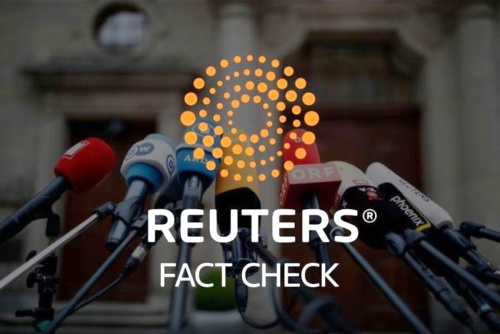Last night, I went to the Fulbright Lecture at the British Library, given by the Financial Times’ editor Lionel Barber.
The subject was “Adapt or Die: The Future of News and Newspapers in the Digital Revolution”.
In 2009, more than one hundred US newspapers closed down and, in 2007-2009, newspaper advertising revenue fell by 10% in Germany, 21% in the UK and 30% in the US. Circulations for printed newspapers are falling like lemmings as readers and advertisers move online.
One saving thought seems to be that people may be prepared to pay for comment and analysis, though probably not for general news. The Financial Times is in the fortunate position of being a niche newspaper. It mostly reports on a specific subject area where people are prepared to pay for analysis, comment and specialised reports.
But newspapers in general have not been delivering news for the last 50 years.
I am ancient enough to have been at college doing Communication Studies (radio, TV, journalism, advertising) when the first issue of Rupert Murdoch’s Sun was published.
The guy who supervised the journalism part of our course was the Production Editor of Rupert Murdoch’s News of the World. On the morning the first edition of the new Sun was published, he went through it page-by-page with us, pointing out that all the main stories were not News as such: they had all been reported in the previous evening’s TV news or were, in some way re-heated old news.
After that, I paid closer attention to what was actually printed in newspapers and developed my taste for the Daily Telegraph. If you look at most newspapers, you can actually visually see that they are magazines. The Guardian is a prime example. Look at its news pages and you see big rectangular blocks of text which analyse and/or give insight into news stories. But they are almost never reporting new News.
The Daily Telegraph has lots of columns with different little inches of different stories, most of which have not been included in the always superficial TV and radio news. I blogged a couple of months ago about how I once met a Daily Telegraph sub-editor at a party who hated working at the paper for exactly the same reason I loved reading it. People would yell across the room at him: “Give me a three-inch story!” not caring what the actual story was.
And, except at election times, the Daily Telegraph tends to keep the old-fashioned division between news and comment (which most US newspapers also maintain).
Newspaper and TV News editors used to be – and still are – gatekeepers to what is considered news. But, with the internet, power has in theory moved from publisher to reader.
In fact, forget gatekeepers. Forget gates. Think dams. One gigantic dam behind which is all the water in the world.
In the past, newspaper and TV News editors were in charge of dams which kept most of the water behind their dams and let a few selected trickles through. Now the mother of all dams is opening and uncontrolled, uncontrollable amounts of information are going to be unleashed not just day-by-day but second-by-second.
In my erstwhile youth, if you wanted to find out facts, you had to go to a library. Librarians and the publishers of encyclopaedias were the damkeepers of knowledge. Now Wikipedia, Project Gutenberg and their ilk are opening the dams which should result in almost all (and, in theory all) current and past knowledge being available instantly anywhere in the world.
If you are sitting on a camel in the middle of the Australian desert outside Alice Springs then, on a 3G device, you are now able to instantly find out which films are being screened at all the cinemas in Glasgow tonight or which dates the Emperor Caligula ruled Rome – and you can download and read a copy of Charles Dickens’ David Copperfield or Homer’s Iliad.
In future, it seems, all news will be available to everyone pretty-much instantly via Twitter, Facebook and every other social network known and as yet unknown to man and woman. The first news of the US attack on Osama bin Laden’s compound in May came on Twitter.
What will be needed is what, last night, Lionel Barber was understandably most scathing about – so-called news aggregators like The Huffington Post (which sometimes carries my blogs), The Drudge Report, The Daily Beast and even Gawker, whose slogan is “Today’s gossip is tomorrow’s news”. At the moment, these (depending on your viewpoint) could be said to pirate other news sources and regurgitate the selected news.
The Financial Times currently employs 130 foreign correspondents to collect and interpret news abroad. What will be needed in future, I presume, is some way of analysing, interpreting and compacting news from several hundred million correspondents including the blogosphere.
Newspapers may become aggregators.
No, I have no idea how or if that will happen.
And I have no idea what will happen.
But traditional newspapers were dead 50 years ago; they just did not know it.
PLEASE SHARE THIS BLOG VIA:





 With all the misinformation swirling around, it is good to know that the
With all the misinformation swirling around, it is good to know that the 